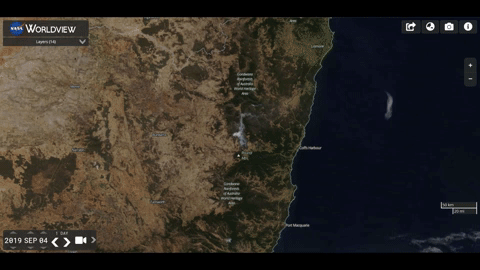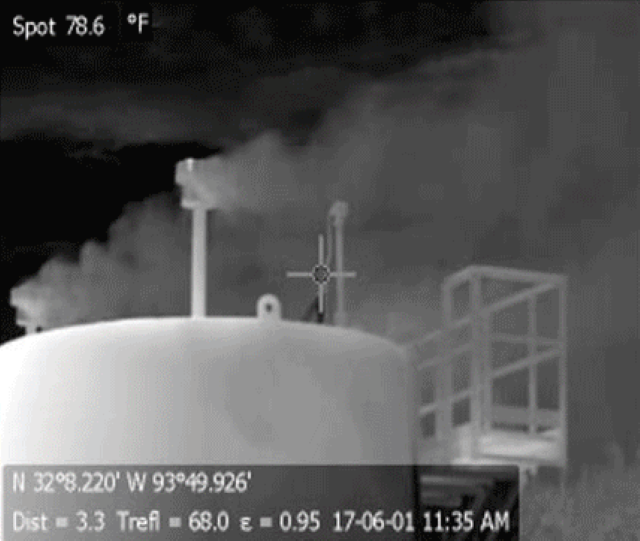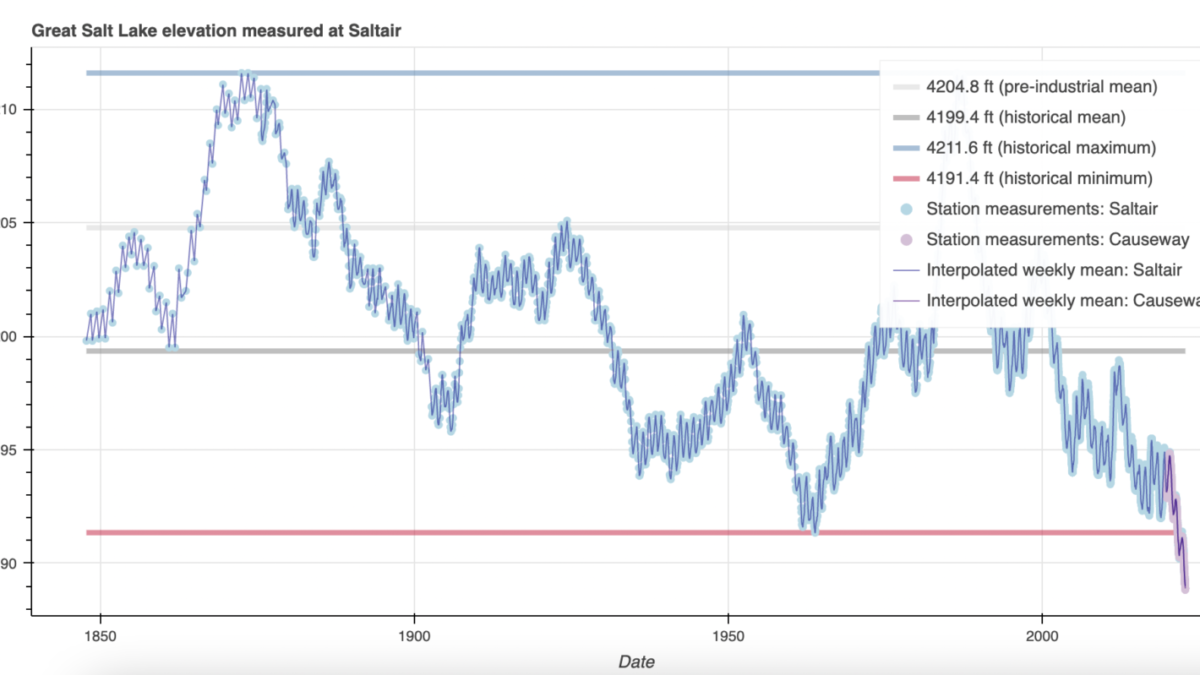Baked Alaska: State endures warmest month on record in July 2019
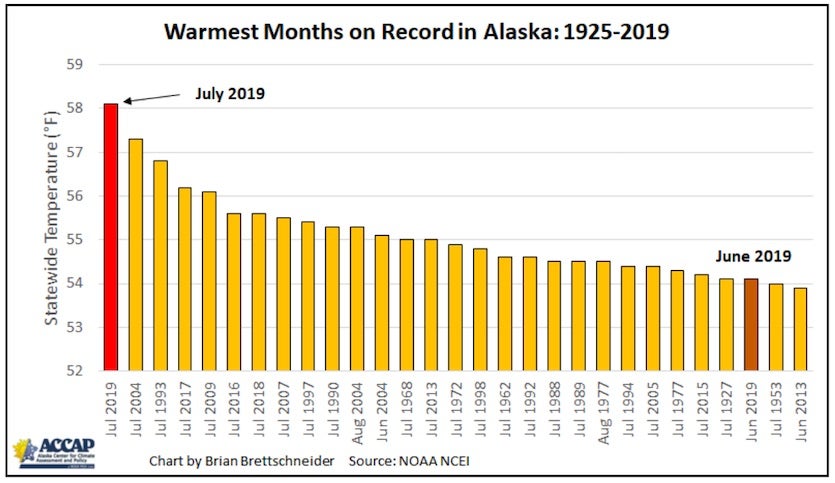
By Christopher C. Burt
9 August 2019
(Weather Underground) – July 2019 was the warmest month on record for the state of Alaska, smashing the previous record by almost one full degree Fahrenheit and leaving numerous local records for hottest day and warmest month in the superheated dust. Records for statewide average temperatures date back to 1925 (with partial data since the late 1880s). Four of the top 10 warmest single months on record (all Julys) has been set in just the past four years. This past June was also the second warmest June on record for the state (following June 2004).
Some of the records set
Anchorage made national news on July 4 when its official temperature at the International Airport peaked at 90° for the first time on record, smashing the previous all-time record of 85° measured on June 14, 1969. The early July heat in Anchorage was unlike anything the city has ever experienced in modern records. Daily high temperature records were broken on six consecutive days from Jul 3 through July 8 (including 85° readings on July 7 and 8, which would have been a tie for the all-time record in their own right).
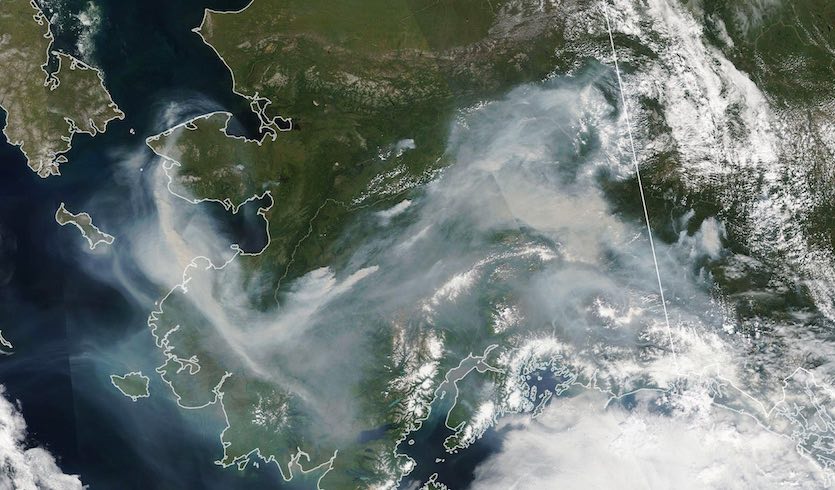
Just beforehand, June saw five daily record highs from June 23-29. So in the 15-day span of June 23-July 8 eleven days broke their daily heat records! July also had 11 daily high minimum records broken.
The month of July was also the warmest single month on record for the city, with an average temperature of 65.3° crushing the previous warmest month record of 62.7° set in July 2016. In addition, the previous month was the warmest June on record for the city, with an average of 60.5° (previous record 59.5° in June 2015). It should also be noted that July was the 17th consecutive month in Anchorage with an above-normal average monthly temperature. Every single day in Anchorage from May 30 to at least August 7 (as of this writing) has been above normal. [more]
